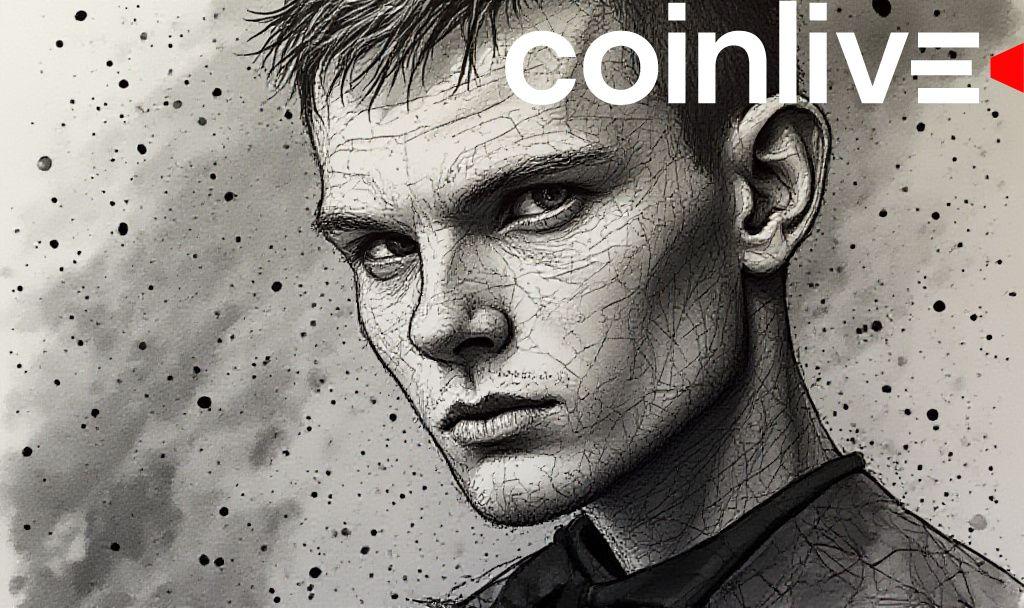- Real-time ZK proving for Ethereum is achieved.
- Vitalik Buterin praises but adds caution.
- Research milestone, not mainnet ready.
Buterin’s praise for this breakthrough underscores its potential for Ethereum. Challenges remain, including addressing worst-case performance, power consumption, and formal verification, emphasizing its current status as a technical rather than operational milestone.
Vitalik Buterin, a notable figure in the blockchain space, lauded the real-time zero-knowledge proving breakthrough led by Uma Roy. This achievement could impact Ethereum’s scalability and efficiency. In Buterin’s words:
Truly amazing… [but] should not be seen as production-ready for Ethereum’s Layer 1 network. The current proving system only accounts for average-case scenarios and does not yet address worst-case performance…the lack of formal verification remains a critical shortcoming in Ethereum’s high-stakes environment, where code immutability and financial risk are paramount.
Vitalik Buterin highlighted the system’s limitations, emphasizing the absence of formal verification and the handling of worst-case scenarios. Charles Hoskinson critiqued its practicality, pointing to possible vulnerabilities in real-world applications.
The immediate impact remains confined to academic and research discussions. No significant changes are anticipated in Ethereum’s market dynamics, as the technology awaits wider implementation and verification.
The potential for transformative effects on Ethereum infrastructure exists, with intense developer interest. However, until the system is production-ready and energy-efficient, its influence on the Ethereum network will remain hypothetical.
History shows that such advances could eventually affect related Layer 2 protocols and Ethereum’s scalability. However, broader implications will depend on technical refinement and successful deployment. The Ethereum community continues to evaluate the system’s viability under real-world conditions.
